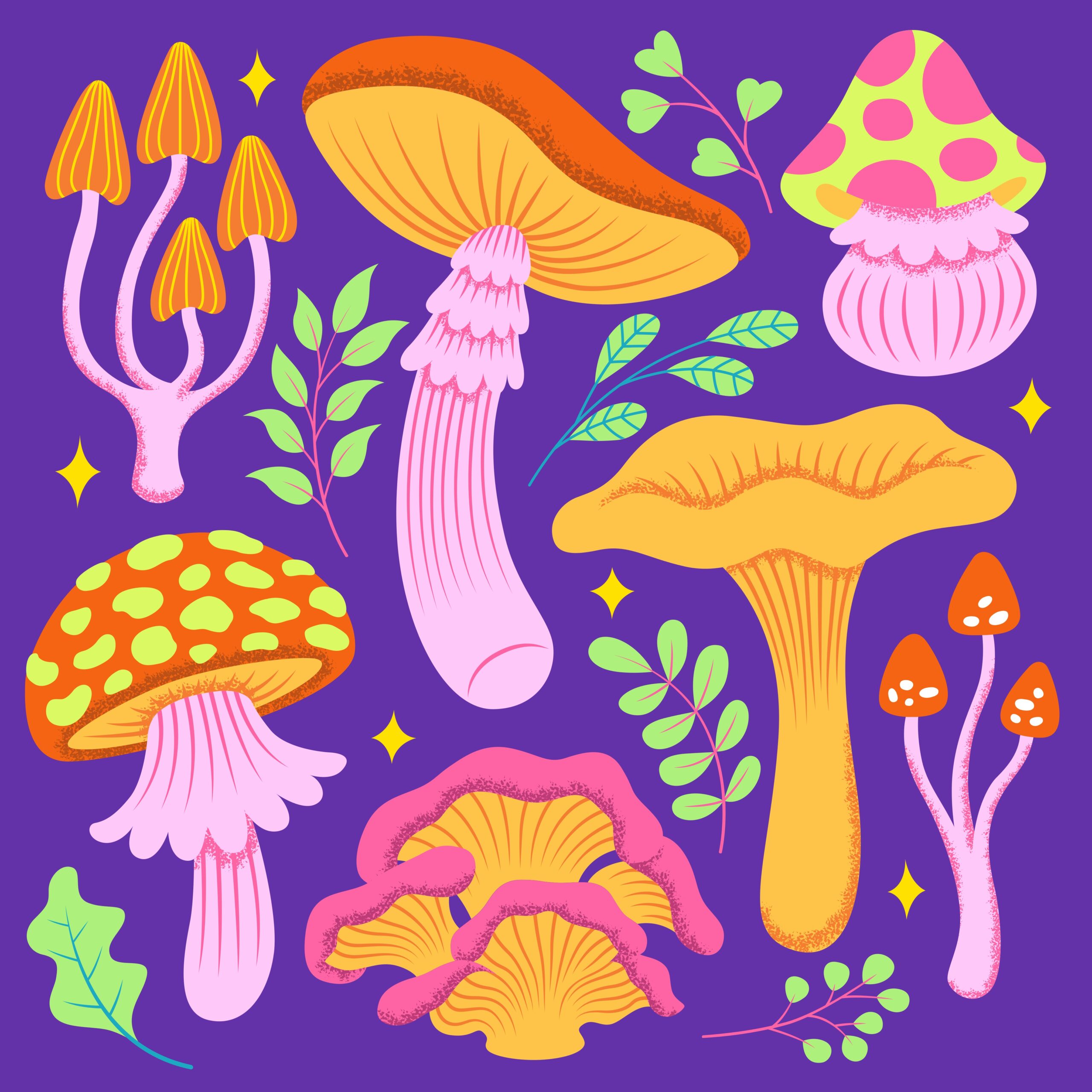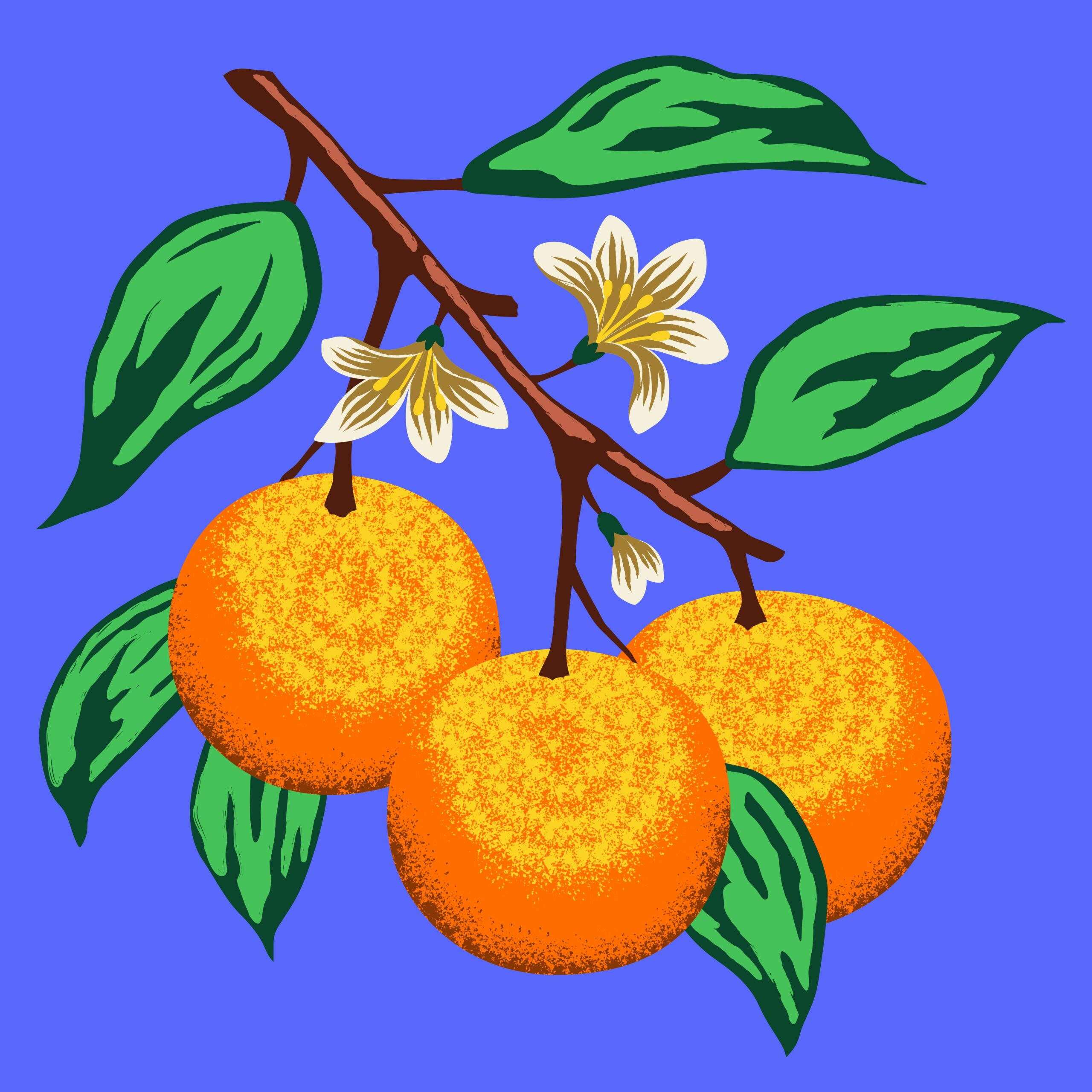 Beat Marketing
Beat Marketing In the Music Industry: The Importance of Social Media in Beatmaking
In the music industry, especially in the world of beat-making, social media has become an important pathway to success. ...
 Beat Marketing
Beat Marketing  Beat Marketing
Beat Marketing  Beat Marketing
Beat Marketing  Beat Marketing
Beat Marketing  Beat Marketing
Beat Marketing  Beat Marketing
Beat Marketing  Beat Marketing
Beat Marketing  Beat Marketing
Beat Marketing  Beat Marketing
Beat Marketing  Beat Marketing
Beat Marketing